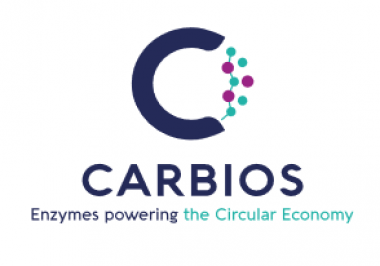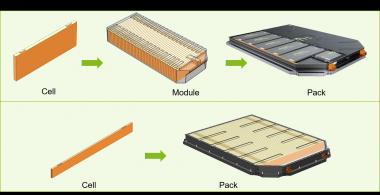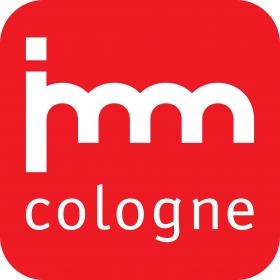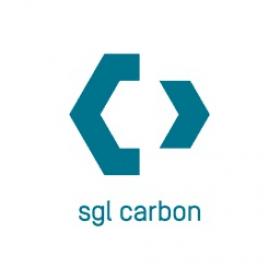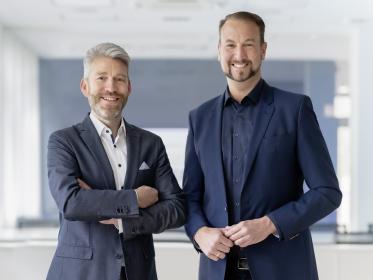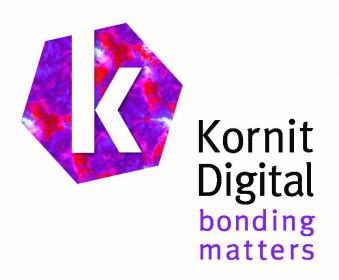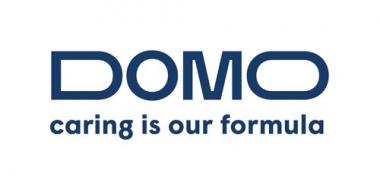Carbios published 2022 half-year results
Carbios published its operating and financial results for the first half of 2022. The financial statements as of June 30, 2022 were approved by Carbios' Board of Directors.
- Project to build the world's first PET biorecycling plant, in partnership with Indorama Ventures, the world's largest manufacturer of recycled PET: Establishment in France with strong backing from national government and the Grand-Est Region
- On track to bring recycled PET from Carbios' proprietary innovation process to market by 2025
- Fully operational industrial demonstration plant and step-by-step technological validation of the scale-up of the industrial solution designed and developed by Carbios
- Launch of a textile consortium in partnership with On, Patagonia, PUMA and Salomon
- Scientific article in the prestigious Biophysical Journal
- Carbios strengthens its Governance and Management team
- Carbios enhance its financial structure, banking the €30 million loan from the European Investment Bank (EIB)
- Carbios Group's net cash position: €121 million at June 30, 2022
See the full report here.
Carbios


